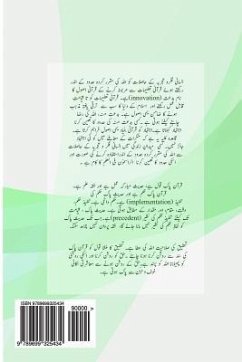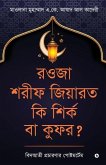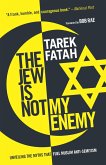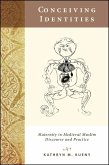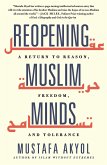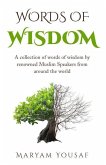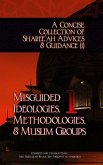This is a book in Urdu. It deals with various dimensions of Muslim thought in Qur'anic perspective i.e., what are Qur'anic principles for the interpretation of the Qur'an, what guidance is contained in the Qur'an for relating Hadith with the Qur'an, what principles does the Qur'an give for evolving Fiqh (jurisprudence). This study examines the source of theological problems, and identifies that most of these could not have arisen had the Muslims not accepted un-Qur'anic terms from the Greeks or Christians. The study reconstructs these problems in Qur'anic parlance and gives their solutions. This study asserts that ideas thrive on terms and travel in history. If the terms or the ontology is un-Quranic, it may effect various other ideas and create confusion. And at times it may take centuries for someone to identify them and rectify them. This study in one of its chapters furnishes answer to the question that "how can the dogma of an interventionist deity reconcile with the idea of a universe uniformly run by unchanging laws of nature. This study also attempts to evolve a Qur'anic paradigm for relating man-made knowledge of science and philosophy with the revealed Qur'anic knowledge.

